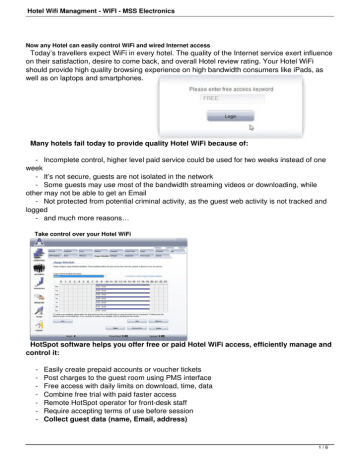

Alternatively you can display your Internet usage policy as a blunt reminder, or perhaps a request form, so if necessary the user can ask for an exception for that specific site. Rather than presenting your employees with a blank screen, you can also set Bandwidth Manager to auto-redirect certain URLS to more work friendly sites. The risk of your network being infected or compromised by malicious software should always be taken seriously. Other useful words to ban would include “crack”, “warez”, “key generator” and so on, to block access to illegal file or game download sites. You can go further still, by setting banned keywords within urls, for example automatically blocking any website with “sex” or “porn” in the URL. There are limits to just how large a list you would wish to create, so the easist method would be to spot which sites are causing a problem, then block them. This completely avoids any privacy concerns while achieving the basic aim, which is reducing the time and bandwidth wasted on such visits or “web surfing”. For example you can set it to block access to and as many other such sites as you wish. The next stage is to block named websites. Knowing any visited website will be recorded is, on it’s own, a powerful deterrent to accessing political, sexual or entertainment sites. As such, one company has developed an all in one software solution: The problem of “Internet abuse” can include excessive use of your company bandwidth as well as visiting inappropriate websites. It must be easily available! A policy hidden away somewhere or lost in the dense smallprint of employment contracts does nothing to solve the problem.

That way employees know both what they can and cannot do and what you may be doing to observe them.Ī good all-round policy, suitable for the majority of small to medium businesses (SMB) has one over-riding feature. It is also strongly recommended that you produce a company policy on Internet usage, ensuring that within it you include your policy on employee monitoring. That level of intrusive “spying” on employees can create so many problems, from the labor required to monitor such volumes, to bitter resentment of staff, that it is not worth doing for most companies. Unless your company deals with highly valuable data that can be easily stolen and sold, it is rarely necessary to log and record every keystroke.


 0 kommentar(er)
0 kommentar(er)
